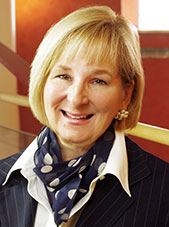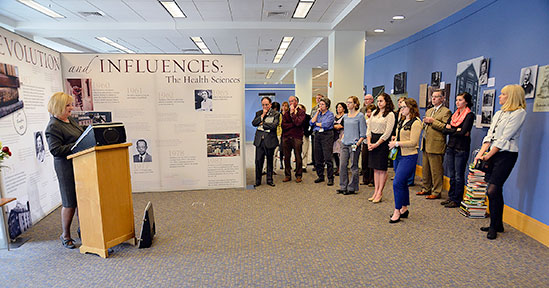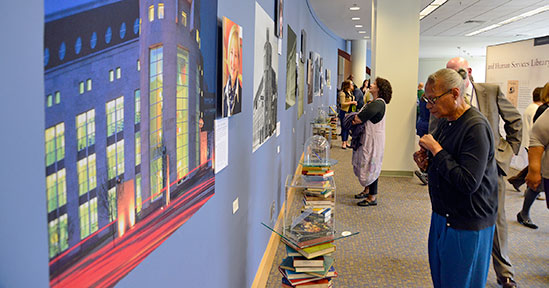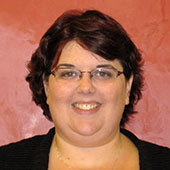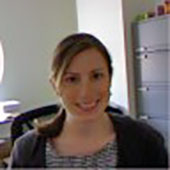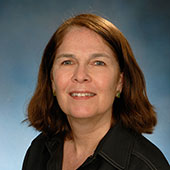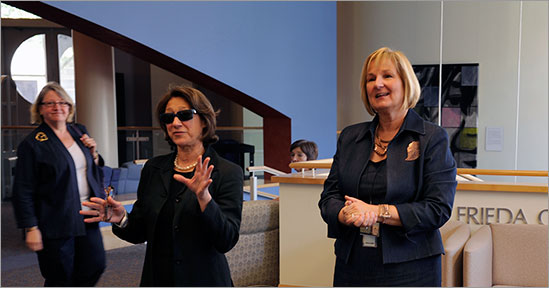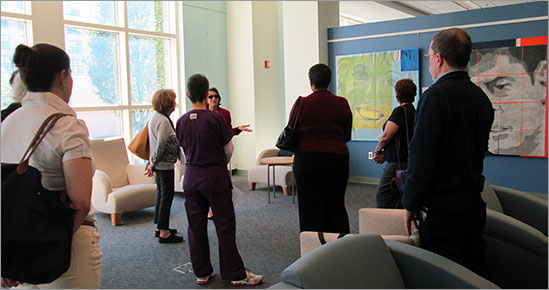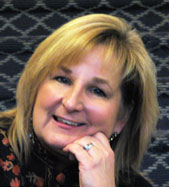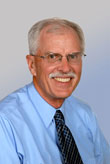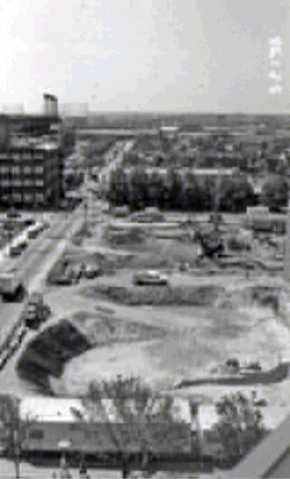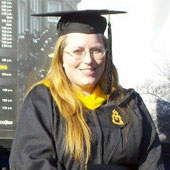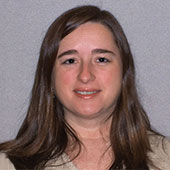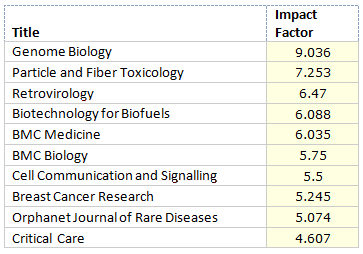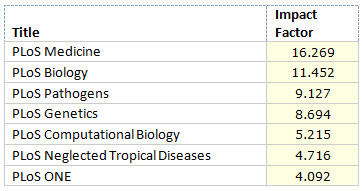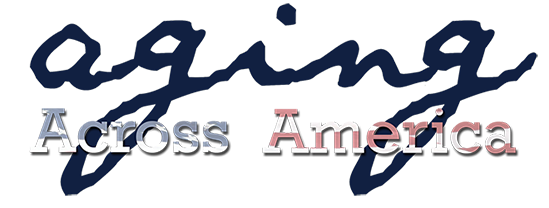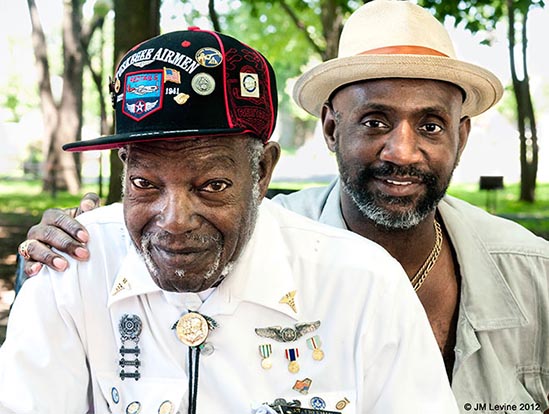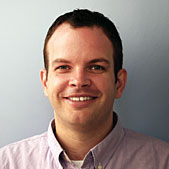Background
M.J. Tooey
Executive Director
Over two years ago, it became obvious that some sort of collaborative effort between UMB and College Park was going to emerge. That effort, MPowering the State, posed many challenges, not the least of which was the desire by the researchers and faculty to have access to library resources across the campuses. The leadership of the Health Sciences and Human Library (M.J. Tooey), the Thurgood Marshall Law Library (Barbara Gontrum) and the Libraries at College Park (Patricia Steele) met that challenge head on. Fortunately, they had over 20 years of collaboration in the USM Library consortium on which to build. That foundation of trust and understanding allowed the library teams to move forward with speed and vision. The library directors met with their collection management experts—Steven Douglas, Stephanie Bowe, and Gerri Foudy—to investigate resource sharing options.
Libraries access to digital content is very different than access to print. In the print world, libraries "owned" the hard copies. In the digital environment, libraries "license" content in a situation similar to software licenses from Apple or Microsoft. There are restrictions on use and reuse, and the pricing is based on FTE counts. It was naïve to believe that we could simply open up access between the two campuses. First of all, the universities are seen as separate institutions by the vendors. Second, the costs would have been astronomical. The library directors sought direction from the MPowering the State Executive Committee, regarding the subject areas on which to focus. These were:
- Microbiology;
- Bioinformatics (including Informatics, Applied Microbiology, Mathematical and Computation Biology, Biochemical Research Methods);
- Genomics (including Biochemistry, Molecular Biology, Genetics);
- Bioengineering;
- Public Health;
- Intellectual Property Law;
- Health/Medicine/Psychology/Psychiatry Law; and
- Environmental/Natural Resources/Land Use Law.
The libraries compared their collections and databases, determined overlap and deficiencies, and set forward on a path to equalize the collections in those areas as completely as possible. Due to longstanding, cordial relationships with vendors, the libraries team was able to expeditiously develop an acquisition plan and budget. When the MPower initiative was funded, the libraries received about $750,000. On September 1st most of the new resources were made available.

Access
Because there is no common identity management system across the USM, offsite users will still need to log in to their individual campus libraries to authenticate and gain access. When on campus, no login is necessary. If any researcher is interested in accessing additional resources from the other campus, a joint appointment on that campus and a login for that campus will be necessary.
The Resources
Additional journals from Elsevier and Wiley were added to both campus libraries to equalize the biosciences collections. Along the same line, Embase was added to the College Park databases and UMB added Scopus (see below). Critical individual titles were also added. A partial listing of the most significant additions is below:
- Scopus is the largest abstract and citation database in the fields of science, technology, medicine, social sciences and the arts and humanities. It covers over 20,000 peer-reviewed journals (including 2,600 open-access titles) and 5.5 million conference papers. Scopus features smart tools to track, analyze, and visualize research. You can view an author’s h-index, track citations over time with Citation Overview/Tracker, assess trends in search results with Analyze Results, analyze an author’s publishing output with Author Evaluator, and get insight into journal performance with Journal Analyzer.
- JoVE, the Journal of Visualized Experiments, is a peer-reviewed journal that focuses on publishing scientific research protocols in video format. These videos add a new parameter to the communication of experimental data and research results. The journal has nine sections: General, Neuroscience, Immunology and Infection, Clinical and Translational Medicine, Bioengineering, Applied Physics, Chemistry, Behavior, and Environment. (Coming January 2014)
- Springer Protocols is an online database of reproducible laboratory protocols in the biomedical and life sciences. Compiling protocols from the book series Methods in Molecular Biology and other sources, Springer Protocols offers researchers access to nearly 30 years of tested, trusted, step-by-step protocols for immediate use in the lab.
- Clinical Key is a new clinical tool from Elsevier that offers a wealth of content with access to over 900 e-books, 500 journals, practice guidelines, patient education information, and a variety of multimedia images and video. Clinical Key will replace MD Consult, which will be going away in October 2013.
- Intellectual Property Watch is a non-profit independent news service that reports on policy issues in international intellectual property such as copyright, trademarks, and patents. It covers the behind-the-scene dynamics that influence the design and implementation of international intellectual property policies. News stories and features are posted regularly and archived for searching. (Coming Soon)
Evaluation and Assessment
An evidence-based evaluation of these resources will be conducted. Usage statistics provided by the vendors will be the basic evaluation tool. Also, decreased interlibrary loan statistics may correlate with greater access to appropriate resources. Finally, in the future we hope to track and link increased research publications and funding resulting from MPower collaborations. Successful research and grant funding build on evidence-based literature foundations and knowledge services such as systematic reviews provided by the libraries.
Next Steps
As the MPower Virtual Research Library moves forward, funding will have to be requested every year in order to support the resources and the collaboration that has been formed. A report will be written detailing progress along with the proposed budget for next year. The libraries are also working on a collaborative understanding regarding future licensing of resources between the two campuses. Eventually, extending the MPower Virtual Research Library to other research campus partners will be studied.
Support
If you have any questions about the MPower Virtual Research Library please feel free to contact me by email or at 410.706.7545. For additional information about any of the resources, email the Reference Desk or call 410.706.7996.
